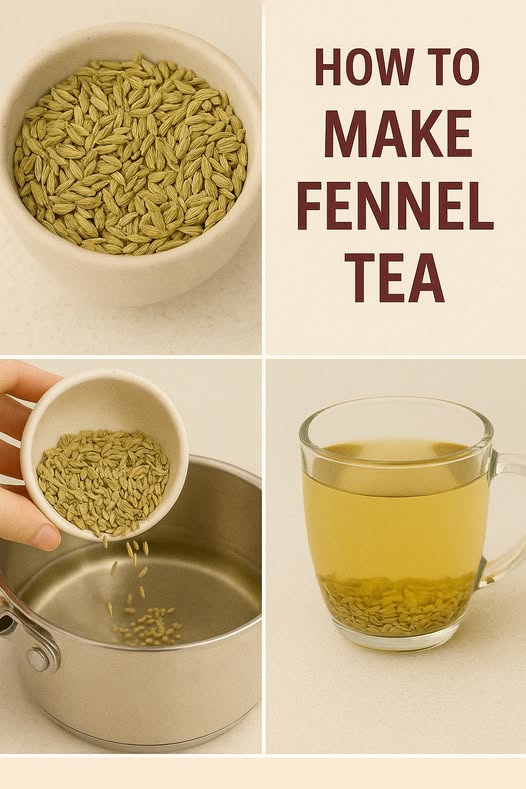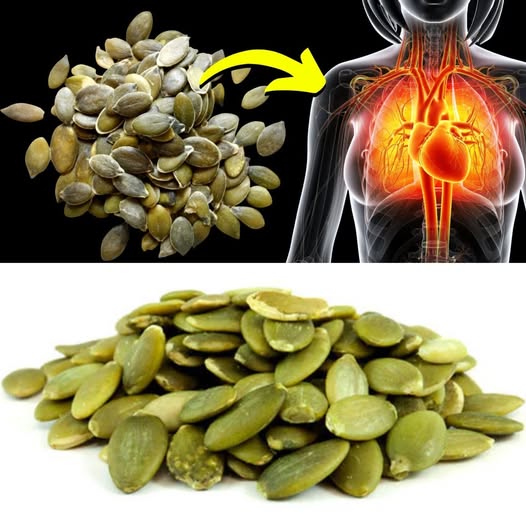Introduction: Why Everyone’s Talking About Fennel Tea (And Why You Should Be Too)

In the age of natural remedies and wellness-driven living, fennel tea is making serious waves. Whether you’re struggling with bloating, digestion, or stress, or simply want a caffeine-free alternative to your usual drink, fennel tea offers a soothing, powerful solution. But here’s the catch—not all fennel tea is created equal. The secret lies in how you brew it, how fresh your seeds are, and how consistent your intake is.
This blog post reveals step-by-step how to make fennel tea like a pro, while also uncovering 7 hidden secrets behind its popularity, power, and performance. Plus, we’ll answer your top FAQs, provide actionable tips, and deliver share-worthy insights to help you transform your wellness routine—one cup at a time.
Ready to harness the soothing magic of fennel in just 10 minutes a day? Let’s dive in.
What Is Fennel Tea?
Fennel tea is a herbal infusion made from crushed fennel seeds, derived from the Foeniculum vulgare plant—a medicinal herb with a sweet, licorice-like flavor. Historically used in Ayurvedic and traditional Chinese medicine, fennel is renowned for its digestive, anti-inflammatory, and detoxifying properties.
Why Fennel Tea? 5 Stunning Benefits That Make It a Must-Have
Here’s why fennel tea should be in your wellness arsenal:
- Aids Digestion Instantly: Fennel helps relax the gastrointestinal tract and reduce bloating, gas, and constipation. In fact, studies show it can reduce colic symptoms in infants by up to 65%.
- Natural Detoxifier: Its antioxidants help flush out toxins, making it perfect for post-meal detox routines.
- Weight Loss Booster: Rich in volatile oils that curb appetite and promote metabolism.
- Hormonal Balance for Women: Contains phytoestrogens that help regulate menstrual cycles and alleviate PMS.
- Freshens Breath & Fights Inflammation: Antibacterial properties make it effective against oral bacteria, while anethole, its key compound, reduces inflammation.
How to Make Fennel Tea: The Ultimate Step-by-Step Guide
Ingredients:
- 1–2 teaspoons whole fennel seeds
- 1½ cups filtered water
- Optional: Honey, lemon, ginger, or mint
Instructions:
Step 1: Crush the Seeds for Maximum Flavor
Using a mortar and pestle or the back of a spoon, lightly crush the fennel seeds. This releases the essential oils, which are key to both flavor and health benefits.
Step 2: Boil Water
Bring the filtered water to a gentle boil—not a raging one, to preserve the nutrients.
Step 3: Steep Like a Pro
Place the crushed seeds in a tea infuser or directly into your cup. Pour the hot water over the seeds and cover the cup to trap the aromatic oils.
Step 4: Wait 10 Minutes (It’s Worth It)
Let it steep for at least 10 minutes. The longer you steep, the stronger the tea and its effects.
Step 5: Strain, Sip, and Customize
Strain the tea (if loose) and add honey, lemon, or ginger for taste and added benefits. Sip warm.
Pro Tip: Drink it twice a day—once in the morning on an empty stomach and once before bed for best results.
Top FAQs About Fennel Tea – Answered!
1. Can I drink fennel tea every day?
Yes—1–2 cups daily is safe and beneficial. Long-term use may support digestion, hormone balance, and detox.
2. Does fennel tea help with bloating and gas?
Absolutely. Fennel’s compounds like anethole and fenchone relax gut muscles and expel gas.
3. Is fennel tea safe during pregnancy?
Caution is advised. While fennel is often used to ease indigestion in pregnant women, it contains phytoestrogens, so always consult your OB-GYN.
4. Can fennel tea aid in weight loss?
Yes. It acts as a natural diuretic, suppresses appetite, and supports metabolism and fat oxidation.
5. Is it caffeine-free?
Completely. Fennel tea is a zero-caffeine herbal drink, making it perfect for nighttime use or those avoiding stimulants.
6. Does it help with period cramps?
Yes. Fennel’s antispasmodic properties make it an excellent natural remedy for menstrual pain and bloating.
7 Secrets to Brewing the Perfect Fennel Tea
- Use Fresh Seeds: Older seeds lose potency. For best results, buy organic whole seeds and store in airtight jars.
- Crush Just Before Brewing: This preserves volatile oils and ensures full flavor and effect.
- Steep Covered: Prevents the escape of beneficial oils.
- Don’t Overboil: Boiling seeds can destroy their healing compounds.
- Add Lemon for Detox: A squeeze of lemon enhances its liver-cleansing power.
- Blend with Chamomile or Ginger: Create a powerful anti-inflammatory blend for stress relief or colds.
- Drink Consistently: A single cup may calm your stomach, but daily use offers long-term health benefits.
Scientific Backing: Fennel Tea by the Numbers
Let’s look at the stats:
- A 2018 study in BMC Complementary Medicine found fennel tea reduced colic symptoms in 65% of infants.
- Research from Phytotherapy Research suggests anethole suppresses appetite and reduces fat accumulation.
- A clinical review from the Journal of Obstetrics & Gynaecology concluded that fennel is as effective as OTC medications for menstrual cramps—with fewer side effects.
Who Should Drink Fennel Tea?
This tea is ideal for:
- Busy professionals needing digestion support after rushed meals
- Women looking to balance hormones and ease cramps naturally
- Wellness seekers aiming for a daily detox ritual
- Seniors and adults with bloating, indigestion, or IBS symptoms
- Fitness enthusiasts trying to shed stubborn belly fat naturally
Caution: Who Should Limit or Avoid It?
While fennel tea is generally safe, avoid excessive use if:
- You’re pregnant (due to phytoestrogens)
- You have a hormone-sensitive condition (e.g., breast cancer)
- You’re allergic to carrots, celery, or similar plants
- You’re on blood-thinning or seizure medications
Always consult a healthcare provider if you have underlying health concerns.
Fennel Tea Vs. Other Herbal Teas: How Does It Stack Up?
| Tea Type | Main Benefit | Best Time to Drink |
|---|---|---|
| Fennel Tea | Digestion, bloat relief | Morning/Evening |
| Peppermint Tea | Anti-nausea, relaxant | After meals |
| Chamomile Tea | Sleep aid, anxiety relief | Bedtime |
| Ginger Tea | Anti-inflammatory, immunity | Morning |
| Green Tea | Antioxidants, metabolism boost | Morning/Afternoon |
Fennel tea stands out due to its unique blend of digestive support, detox benefits, and hormone-balancing effects.
Real-World Success Stories
Maria, 32 – San Diego, CA
“After switching from coffee to fennel tea, my bloating and PMS symptoms improved dramatically. It’s my go-to remedy now!”
Rahul, 45 – Toronto, Canada
“I’ve been drinking fennel tea post-dinner for 3 months. I’ve lost 8 pounds and feel lighter and more energized every morning.”
Conclusion: Brew Wellness, One Cup at a Time
Fennel tea is not just another herbal remedy—it’s a daily ritual of healing. With its rich, sweet flavor and powerful health benefits, it’s no surprise that millions around the world are embracing this ancient secret.
From digestive support to hormonal balance and natural detox, fennel tea checks every box. And now that you know how to make it perfectly and incorporate it into your lifestyle, it’s time to experience the transformation for yourself.


